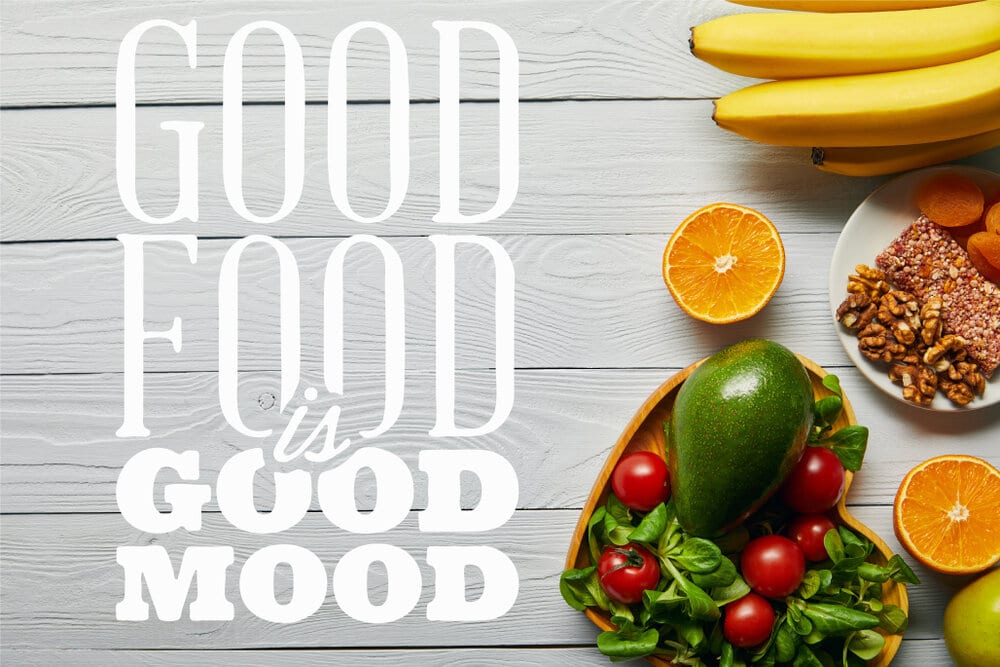
Foods cause a temporary rush to feel good dopamine in the brain that allows the experience to be enjoyed by the body. It’s simple and fast, and the more you eat, the more you crave. These foods, however, can contribute to inflammation of the chronic gut. There are mental effects as well, in addition to the end result of physical symptoms such as acid reflux, bloating, gas, and irregular stools. This is because most of the serotonin in the body, another happy hormone, is produced in the gut. That is right! Let’s see what integrative medicine study says about it.
Poor Eating Habits That Affect Mood
Here’s how your attitude and mental well-being may be modified by some poor eating habits:
1. Skipped Meal – Missing a meal, especially breakfast, can result in low blood sugar levels. This is probably going to leave you feeling weak and tired.
2. Avoiding a Food Group – It can be more difficult to get all the necessary nutrients you need if you avoid an entire food group in the diet. Worsening mood and reduced endurance are associated with low levels of iron, zinc, magnesium, B vitamins, omega-3 fatty acids, and vitamin D.
3. Eating Processed Carbs – High intakes, such as pastries and white bread, of unhealthy, refined carbohydrates cause blood sugar to rise and fall rapidly. This can contribute to low levels of energy and irritability.
The role of diet and nutrition in mental health, beyond mood and general well-being, is very complex and has yet to be fully understood. Research linking the two, however, is rising at a rapid pace. In recent years, evidence suggests that food, including depression and anxiety disorders, can contribute to the development, prevention, and management of mental health conditions.
Researchers are now taking a closer look at why diets can affect mental health. Studies are examining the impact of diet on intestinal microbiota (intestinal tract organisms), neuroplasticity (the capacity of the brain to alter structure, oxidative stress (cellular damage), wiring and function, and chronic inflammation.
Tips On Improving Eating Habits
While we still have a lot to learn about the impact on mental health conditions and dietary habits, research indicates that consuming a balanced diet may have a protective effect. In fact, many believe that good nutrition is as important as physical health for mental health. To boost your diet to help your mental health, here are some positive improvements you should make:
1. Eat during the day at fixed intervals
2. Select less refined sugars and consume more whole grains
3. Include protein in every meal
4. Consume a range of foods
5. Including omega-3 rich foods in your diet, such as oily fish,
6. Achieving and maintaining a healthy weight
7. Drink lots of fluids, especially water
8. Exercise daily
It will keep you energized and help you to feel your best by adopting a healthy eating plan. While a significant component of your emotional well-being is good nutrition, it is not a replacement for proper medical care and treatment. Speak to your healthcare professional in integrative medicine if you have questions about your mental health.
Food can have effects on hormones, too. Dark chocolate, strawberries, etc., are known to give you relief from menstrual cramps. This is only one example, and there are more. To have more insight, visit us at Oklahoma Spine & Pain Management.
**Disclaimer: This content should not be considered medical advice and does not imply a doctor-patient relationship.






